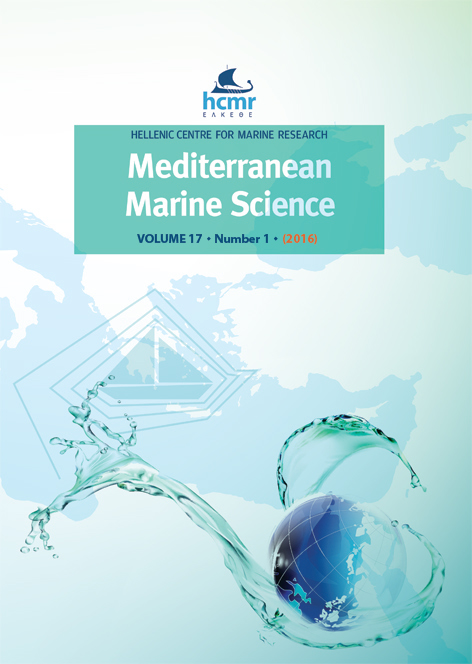Massive fish mortality in Ismarida Lake, Greece: identification of drivers contributing to the fish kill event
Résumé
During the end of August 2013, a massive fish mortality occurred in Ismarida Lake, a small and shallow system of Northern Greece, where approximately 10-18 tons of euryhaline fish died. This study attempts to describe the event of this fish kill or Massive Fish Mortality (MFM) that occurred in Ismarida Lake during the night of August 28, 2013, and to identify the possible drivers that may have triggered this event. A combined hydrographic, ichthyological and phytoplankton survey were carried out along with a toxicological analysis. Finally, the study proposes both short-term and long-term measures for the management of both quality and quantity of the water (ground and surface) resources in the broader basin of Ismarida Lake.
Article Details
- Comment citer
-
KOUTRAKIS, E., EMFIETZIS, G., SYLAIOS, G., ZOIDOU, M., KATSIAPI, M., & MOUSTAKA-GOUNI, M. (2016). Massive fish mortality in Ismarida Lake, Greece: identification of drivers contributing to the fish kill event. Mediterranean Marine Science, 17(1), 280–291. https://doi.org/10.12681/mms.1481
- Numéro
- Vol. 17 No 1 (2016)
- Rubrique
- Research Article
Authors who publish with this journal agree to the following terms:
- Authors retain copyright and grant the journal right of first publication with the work simultaneously licensed under a Creative Commons Attribution Non-Commercial License that allows others to share the work with an acknowledgement of the work's authorship and initial publication in this journal.
- Authors are able to enter into separate, additional contractual arrangements for the non-exclusive distribution of the journal's published version of the work (e.g. post it to an institutional repository or publish it in a book), with an acknowledgement of its initial publication in this journal.
- Authors are permitted and encouraged to post their work online (preferably in institutional repositories or on their website) prior to and during the submission process, as it can lead to productive exchanges, as well as earlier and greater citation of published work (See The Effect of Open Access).






